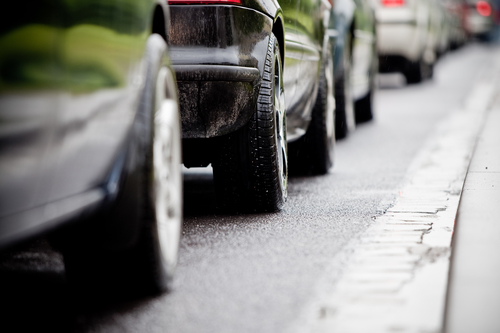Criminals caught on camera: police expand camera surveillance on roads

Dutch police are expanding their network of automatic number plate recognition (ANPR) cameras from 80 to 280 in a bid to track down more criminals, broadcaster NOS reports.
Most of the ANPR cameras are located along motorways but the technology is to be added to 200 speed cameras on the provincial road network. The information is used to register cars and check whether the owners are wanted by the police.
Police hope that more camera surveillance will help them catch criminals on the run who are evading the cameras by using smaller provincial roads.
‘If a car has been stolen we would like to intercept it before it leaves the country,’ ANPR coordinator Ido Nap told the broadcaster. ‘That is why we are including the provincial roads in our network. We have chosen a number of strategic sites to put the cameras.’
At the moment police are only allowed to keep the number plates of suspect vehicles but next Tuesday the senate will vote on a proposal to keep all number plate information for four weeks.
Privacy
A spokesman for internet privacy lobby group Bits of Freedom spokesman told NOS an important principle in Dutch law is about to be ditched.
Although the police are adamant that the information will not be shared with any other authority and that the network will not be increased any further, anything could happen in the future, Rejo Zenger said.
Nap said the network does not cover the whole country, although 150 police cars are also fitted with a special camera. ‘You can still move around freely in the Netherlands. We really don’t want to keep tabs on each and every one,’ he told NOS.
The tax office, the public prosecution office and transport ministry’s traffic department are among the official bodies which also use ANPR cameras, as do some private companies.
The exact number is not known, NOS said, but could run into the thousands.
Thank you for donating to DutchNews.nl.
We could not provide the Dutch News service, and keep it free of charge, without the generous support of our readers. Your donations allow us to report on issues you tell us matter, and provide you with a summary of the most important Dutch news each day.
Make a donation